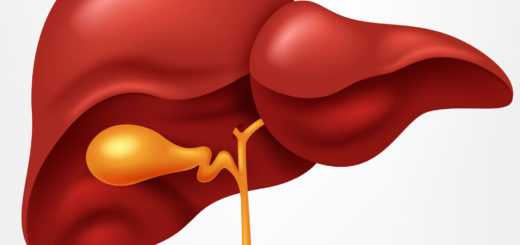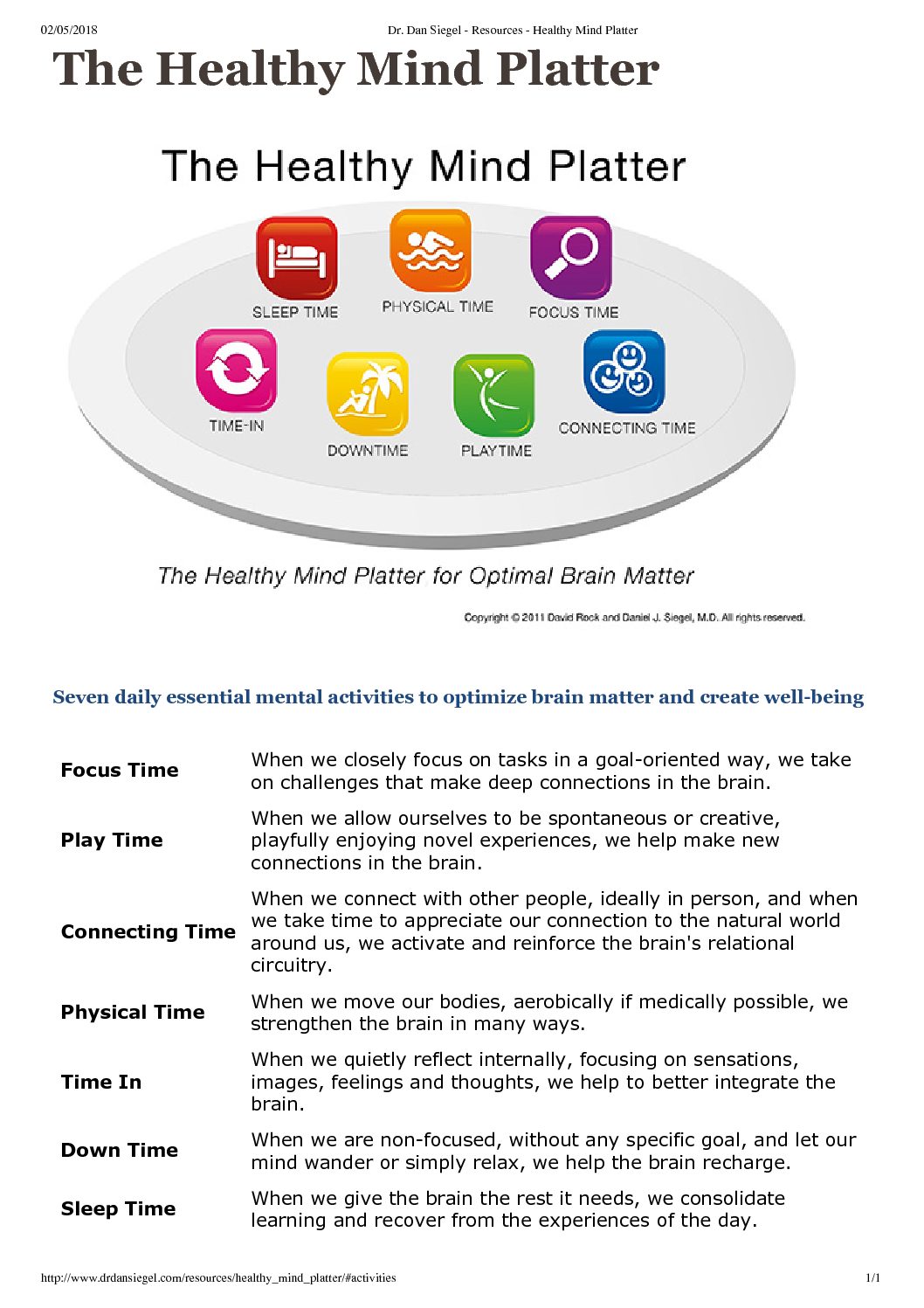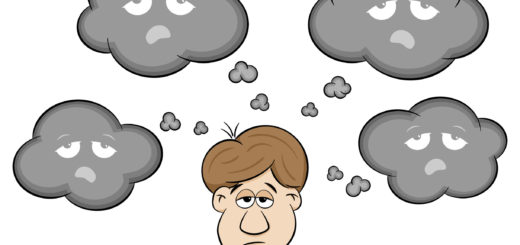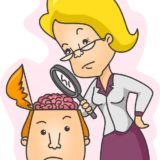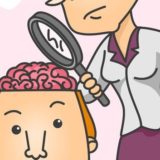What is High Blood Pressure (Hypertension) and Why is it a Concern?
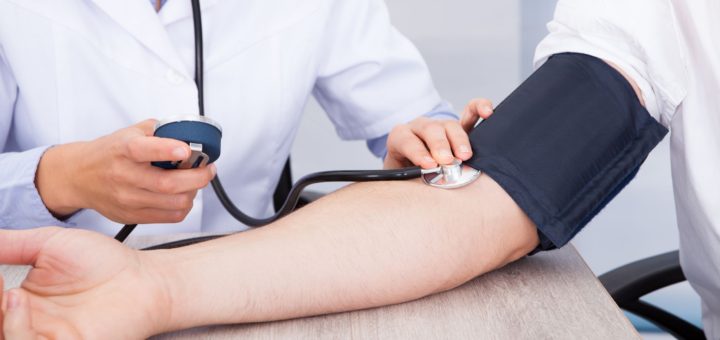
Hypertension means high blood pressure. HTN is very common and tends to begin on average between the ages of 20 and 50 years but is often more prevalent with increasing age. HTN is important because it is one of five risk factors that can cause heart disease and stroke.
The ‘Big Five’ Risk Factors for Heart Disease and Stroke
- Smoking
- Hypertension
- High cholesterol
- Diabetes
- Family history of stroke or heart disease in a close relative before the age of 50 years.
People generally are not aware that they have high blood pressure as there are usually no symptoms. This is why it is so important to have your BP checked regularly.
What is Blood Pressure (BP)?
Blood pressure is a measure of the pressure in your arteries. The pressure changes with every beat of your heart. It is recorded in the form of two numbers:
- Systolic Blood Pressure (top number), which is the pressure as your heart pumps blood out.
- Diastolic Blood Pressure(bottom number), which is the pressure when your heart is relaxed or in between pumps.
BP is measured in millimetres of mercury (mmHg). A normal BP is considered to be around 120/80. It is most accurately recorded by introducing a needle into an artery that directly measures pressure. However as this technique is very invasive it is rarely used except for experimental reasons or during surgery where a lot of blood loss is possible. Traditionally, blood pressure is measured indirectly using a machine called a ‘sphygmanometer’. A cuff placed around the upper arm indirectly measures the pressure by slowly squeezing and releasing the brachial artery. The doctor listens for certain sounds using a stethoscope that indicates the absence and presence of blood-flow, which in turn reflect the pressure in the artery. Automated machines are now commonly used which work using a similar principle.
How is Hypertension Diagnosed? What is ‘White Coat Hypertension’?
When measuring blood pressure it is important to take at least two readings over several minutes and if the lowest reading is 140/90 or above on at least two separate visits this is considered hypertension. Factors such as recent caffeine or cigarette consumption should be taken into account. Body position, talking and arm movement can falsely increase the reading as can using a cuff that is too small for the arm. Between 10 to 40 percent of people register higher readings when their blood pressure is measured in a healthcare setting as compared with at home as a result of mild apprehension. This is known as ‘white coat hypertension’ (as doctors used to wear white coats). Ironically, I am affected by this despite being a doctor myself! White coat hypertension is probably not associated with an increased risk of heart disease but the evidence is not entirely conclusive. When the diagnosis is in doubt, a 24 hour ‘ambulatory’ blood pressure monitor can be used. This gives more information than the office measurements alone, such as whether your BP ‘dips’ overnight as it should.
What Causes Hypertension?
The most common cause of high blood pressure (an estimated 95 percent of cases) is ‘essential’ hypertension, which is a clever way of saying we don’t know the cause. A common theory is that it is due to a hardening of the arteries with age.
Certain drugs and foods can contribute to hypertension including anti-inflammatory medications (NSAIDS) like Ibuprofen, the contraceptive pill or hormone replacement therapy, steroids, caffeine, liquorice and alcohol. Untreated sleep apnoea also causes high blood pressure.
Some less common medical (or secondary) causes are related to diseases of the kidney, adrenal and pituitary glands.
How is High Blood Pressure Treated?
Lifestyle interventions such as reducing salt and alcohol intake, increasing exercise and reducing overweight are commonly recommended. Surprisingly, evidence to support this advice is weak. However, it is sensible to take a holistic approach to your health. My tips for living a long and healthy life are to enjoy a varied diet, move regularly for pleasure, stay socially & intellectually busy, learn to tolerate emotions and prioritise sleep.
Medications for Hypertension
The decision to commence blood pressure medication is complex taking many factors into account. If you have hypertension, the more risk factors for heart disease you have (see above), the more likely it is that your doctor will commence you on medication. Starting medication should be viewed as a preventative measure. It is a long-term commitment – you are unlikely to feel any better, in fact you may even experience unwanted side-effects. However, the goal of medication is to reduce your lifetime risk of heart disease and stroke and help you to live a longer and healthier life.
The choice of medication needs to be tailored to suit the individual by an expert such as your GP. Each class of medication works best in certain circumstances and has its own side-effect profile. Some work best in certain diseases and together with other medications. Commonly these anti-hypertensives are taken in combination.
Common Classes of Blood Pressure Medication (Anti-hypertensives)
- ACE inhibitors (and the Sartans)– work through the kidneys at a hormonal level affecting blood vessels and the amount of fluid reabsorbed into the body.
- Calcium channel blockers – affect the calibre of blood vessels and the heart.
- Beta-blockers – work mainly in the heart.
- Diuretics – work through the kidneys by reducing the amount of fluid in your body.
- Various other medications – work also on blood vessels or via the brain.
Can My Blood Pressure Be Too Low?
Having low blood pressure (hypotension) can be common in young, fit healthy people. It might cause symptoms such as feeling dizzy when standing suddenly. This is not considered a medical condition or a health problem. If these symptoms are bothersome, ensure you remain well hydrated, stand up slowly and some advocate increasing the salt in your diet.
If you experience symptoms of low blood pressure while being treated with anti-hypertensives it may mean you are being over-treated. This could happen if you reduce your over-weight or improve your fitness. In this case, consult your doctor to see if you should lower your dosage or reduce the number of medications you are taking. As you age, it is common that medication dosages need to be adjusted and often lowered.
Recommendation
Please see your GP at least annually to have your blood pressure checked.



